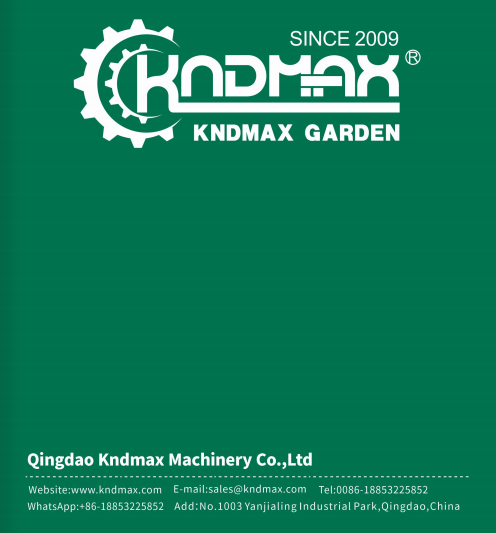
Mesin Pencacah Kayu: Peralatan Inti untuk Mengubah Limbah Menjadi Solusi Multi-Industri
Sebuah mesin pencacah kayu bukan sekadar alat untuk memproses limbah kayu; ini adalah kunci untuk membuka nilai ekonomi sirkular. Dengan efisien mencacah cabang pohon, palet, kayu bangunan, dan limbah lainnya, mesin ini mengubah limbah yang tidak bernilai menjadi sumber daya yang diminati pasar, menciptakan manfaat berkelanjutan bagi enam sektor berikut:
Kehutanan dan Pembersihan Lahan
Secara langsung mencacah cabang, tunggul, dan kayu sisa di lokasi penebangan menghilangkan biaya transportasi yang tinggi sekaligus menghasilkan dua material bernilai tambah: bahan bakar biomassa yang memenuhi standar industri (untuk pembangkit listrik) atau mulsa untuk pengendalian erosi tanah. Studi kasus menunjukkan bahwa ini dapat mengurangi biaya pembuangan sebesar 80% dan menambahkan sumber pendapatan baru sebesar $20–80 per ton.
industri Daur Ulang Palet
Mesin pencacah kayu profesional dapat memproses lebih dari 300 palet bekas per jam, menghasilkan serpihan kayu berukuran seragam: serpihan kayu halus di bawah 10mm langsung dipasok ke penyimpanan bahan bakar pembangkit listrik biomassa; serpihan kayu ukuran sedang diproses menjadi alas kandang ternak atau bahan baku papan partikel; serpihan kayu kasar diubah menjadi bahan bakar alternatif RDF. Contoh praktis dari perusahaan daur ulang di Massachusetts menunjukkan bahwa sebuah lini produksi yang memproses 20.000 ton per tahun dapat menghindari biaya penimbunan sebesar $400.000 sambil menghasilkan keuntungan melalui penjualan bahan baku.
Manajemen Perkotaan dan Lanskap
Untuk cabang-cabang pohon yang dipangkas dari taman perkotaan, puing-puing akibat badai, serta pohon hias yang dibuang setelah hari raya, mesin pencacah kayu memungkinkan pemanfaatan sumber daya di lokasi: material yang dihancurkan digunakan sebagai penutup jalur perkotaan untuk mengurangi biaya pemeliharaan; dicampur dengan akselerator kompos untuk meningkatkan efisiensi pengolahan limbah organik; dan serat kayu yang telah diproses menjadi media filter biologis berkualitas tinggi untuk unit pengolahan air limbah. Setelah menerapkan solusi ini, departemen pemerintah kota Chicago berhasil mengurangi biaya transportasi tahunan sebesar 57%.
rantai Produksi Bioenergi
Sebagai unit pengolahan awal yang utama untuk energi biomassa, mesin pencacah kayu menghasilkan serpihan kayu berukuran standar 15–30 mm, memenuhi spesifikasi bahan baku yang diperlukan oleh pabrik pelet bahan bakar. Sistem bilah uniknya mampu mengontrol panjang serat kayu, meningkatkan nilai kalor pelet bahan bakar yang dihasilkan sebesar 12% (mencapai lebih dari 4.500 Kcal/kg) serta menurunkan kandungan abu hingga di bawah 3%, secara langsung meningkatkan nilai jual akhir produk.

Hak cipta © Qingdao KNDMAX Machinery Co.,ltd | Kebijakan Privasi